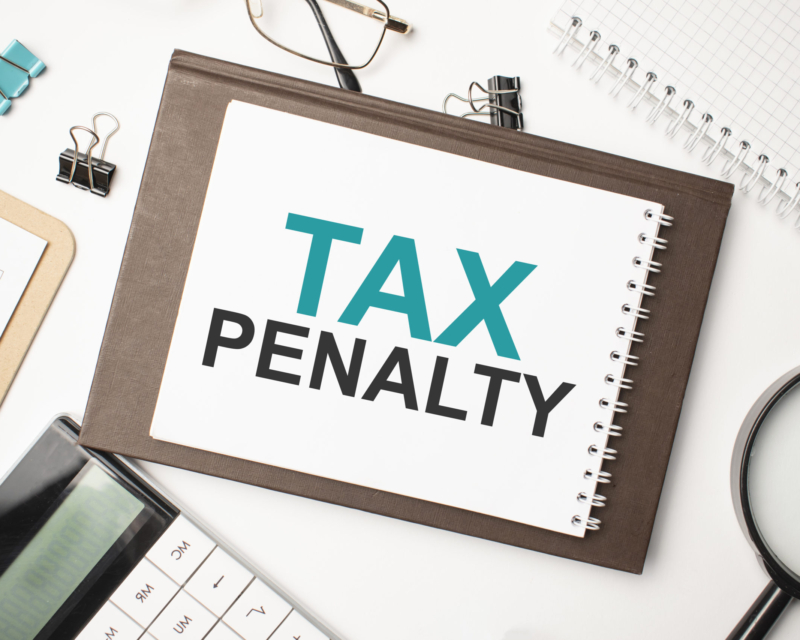IRS Penalties on American Taxpayers Surge Nearly 300%: A Closer Look
In a staggering move that has left many American taxpayers reeling, the IRS imposed a record $7 billion in penalties last year, marking a nearly 300% increase from the prior year. This unprecedented surge has primarily impacted freelancers, gig workers, and other self-employed individuals who underpaid their estimated quarterly income taxes.
According to IRS data, the average estimated tax penalty for the fiscal year 2023 skyrocketed to $500, up from $150 the previous year. This sharp rise has been attributed to the IRS’s decision to hike the penalty rate for those who fail to make accurate, on-time payments or neglect to pay their estimated taxes altogether. Beginning in October, the penalty rate surged to 8%, nearly triple the previous 3% rate.
This shift has sent shockwaves through the self-employed community, which has borne the brunt of these punitive measures. Many freelancers and gig workers, already grappling with the uncertainties and fluctuations of their income streams, now face the added burden of significantly higher penalties. The rapid escalation of these fines has sparked concerns and debates about the fairness and timing of such a drastic increase.
The IRS’s aggressive stance on penalties is seen by some as a necessary measure to ensure compliance and bolster federal revenues. However, it also raises questions about the agency’s approach towards a workforce that often operates without the safety nets and consistent income enjoyed by traditionally employed individuals. The punitive jump to an 8% penalty rate has been particularly jarring for those who may struggle with the complexities of tax calculations and the financial volatility inherent in freelance work.
Critics argue that while tax compliance is crucial, the method of enforcement should consider the unique challenges faced by the gig economy. Instead of punitive measures, they suggest that more educational resources and support systems could help self-employed individuals better navigate their tax obligations. This could include clearer guidance on estimated tax payments, more accessible tools for financial planning, and potentially a tiered penalty system that better reflects individual circumstances.
As the IRS continues to enforce these penalties, it remains to be seen how affected taxpayers will respond. Will this crackdown lead to better compliance and a more robust tax system, or will it drive further frustration and financial strain among an already vulnerable segment of the workforce?
In conclusion, the nearly 300% increase in IRS penalties reflects a significant shift in tax enforcement strategy. While it aims to secure accurate tax payments and deter non-compliance, the broader implications for freelancers and gig workers highlight a need for a more nuanced approach that balances enforcement with support and education.






